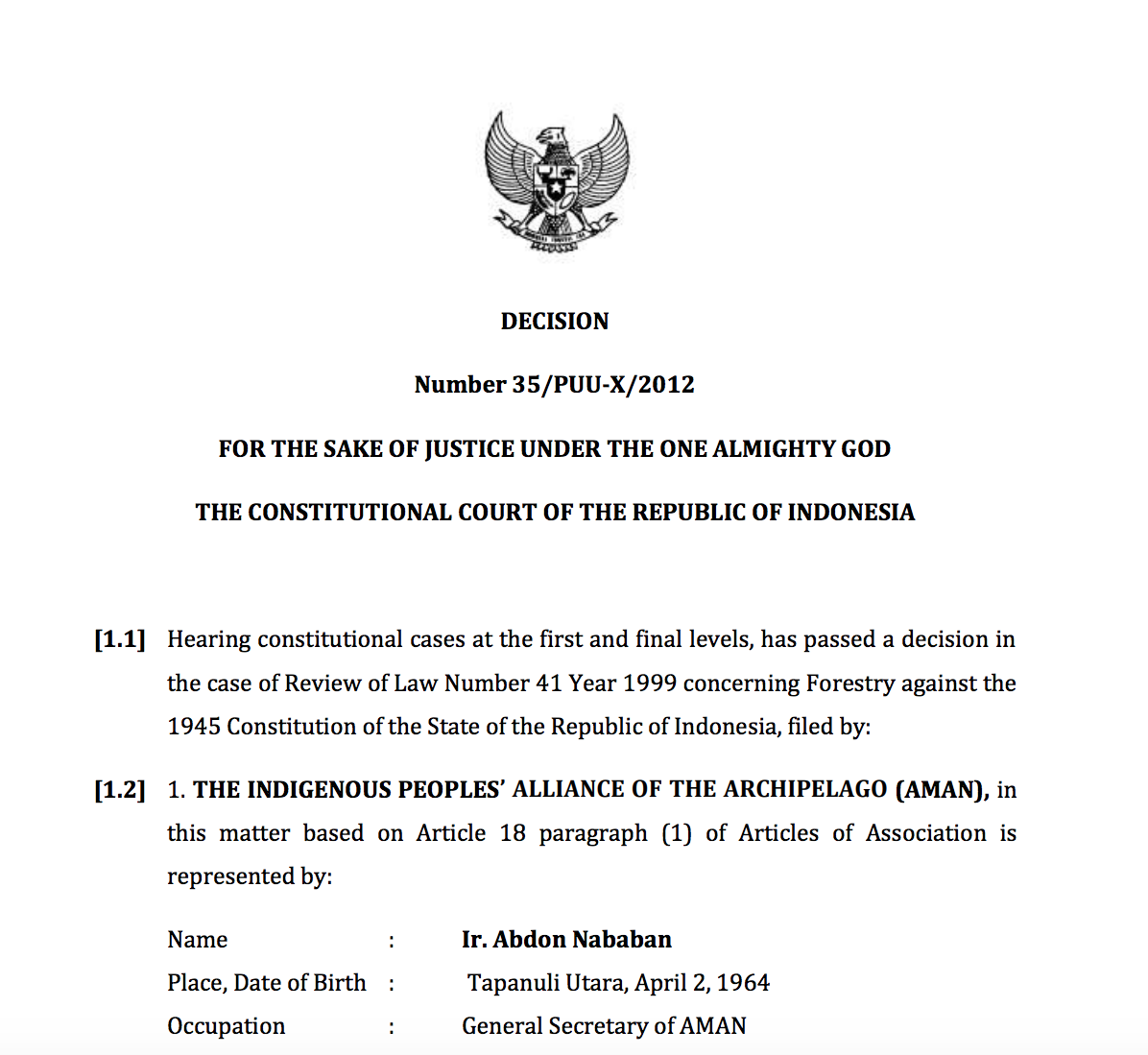The Theoretical and Legal Foundations of Community-Based Property Rights in East Africa
Indigenous, mobile, and local communities all over the world have for millennia played a critical role in conserving the earth’s patrimony. They have protected forests, wetlands, rangelands, watersheds, hunting grounds, rivers and streams and other water catchment systems that are to day the basis of prosperity for all nations. “Community” husbandry of these resources has been done for a wide range of reasons ranging from economic, cultural, spiritual, aesthetic to many others.










